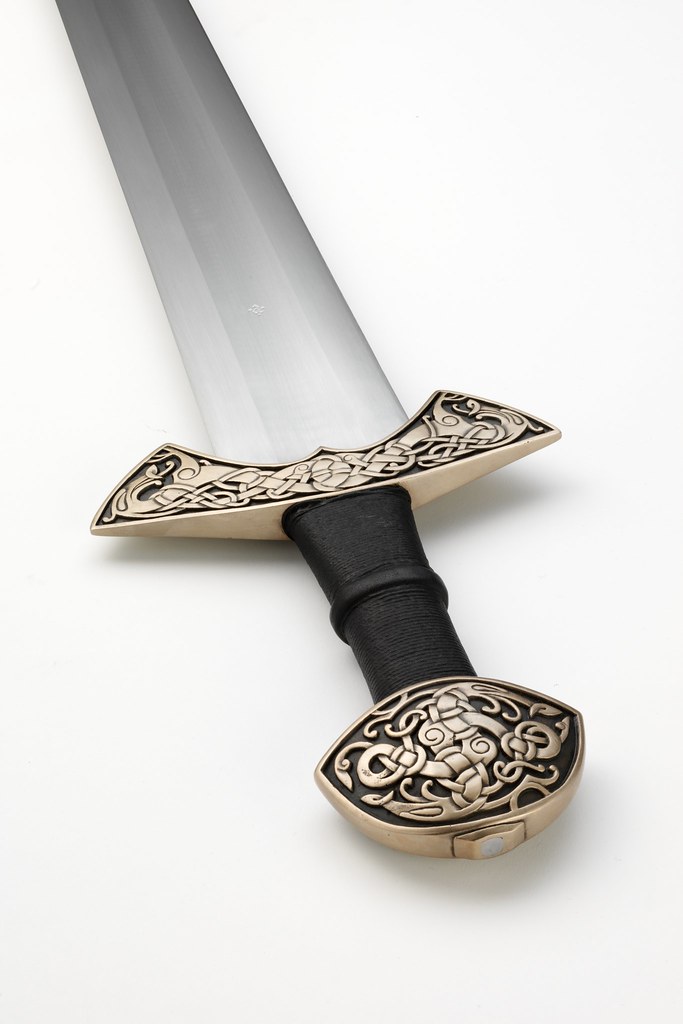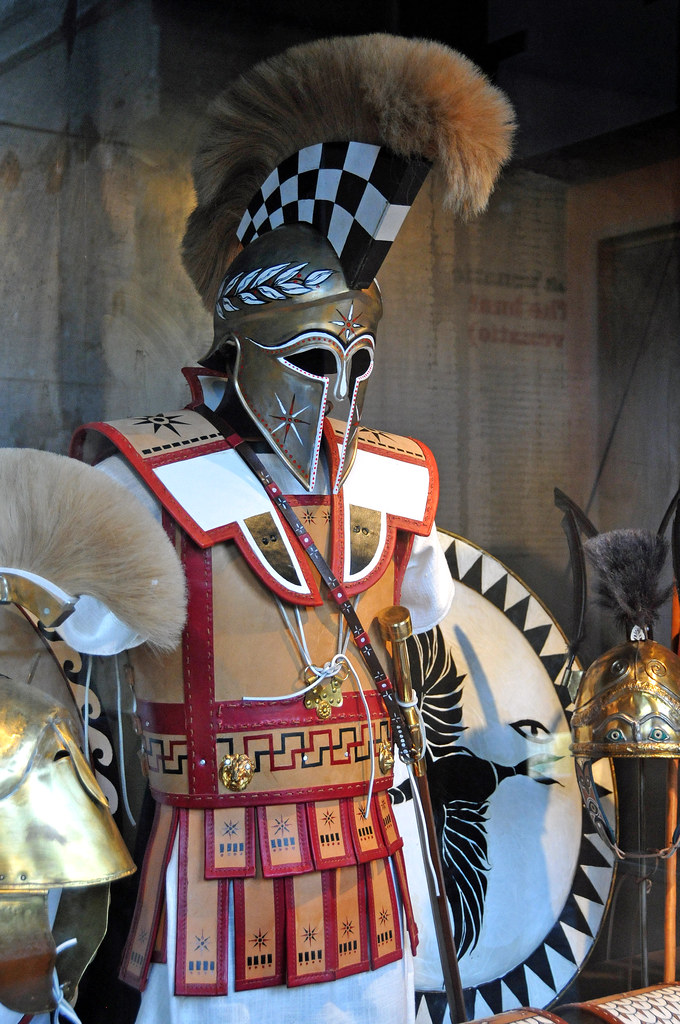Where did our modern-day legal system come from: the beginnings of a recognizable legal system in ancient Greece
We can trace much of our legal history back to the ancient Greeks and Romans. But, before delving into the origins of our legal system let us back-track a bit. In the early days of ancient Greek society, as one might expect, there was no such thing as a legal system. There were no laws, no police. People had to fend for themselves when it came to protecting their livelihoods against “the bad guys”. Families who had their property stolen or livestock killed by a neighbor, for example, took matters into their own hands. Justice was served by giving verbal threats to the thief while murder meant the victim’s family would take revenge on the killer and murder him, unless the killer offered to go into permanent exile from the place he murdered or pay through bloodshed, such as sacrificing an animal. Exiled criminals were generally no longer seen as criminals in the new city-state they went to.
As time progressed, Greeks started to re-think the way they responded to crime, believing that settling scuffles peacefully was much better than settling through bloodshed. In the early 7th-century B.C., the Greek elite came together to create basic oral laws that would be passed down through the generations by word-of-mouth. These laws addressed concerns involving private matters, such as property claims, inheritance, marriage, and public matters, like homicide and robbery.
The Decision to Transcribe Oral Law into the Written Law
They, however, were vulnerable to misuse the aristocracy’s needs over people from lower social standing. Many from the poorer classes felt they were powerless to stop it. This divergence triggered many feuds between the elite and the Greek commoners.
In 620 B.C., the lawgiver Draco transcribed the Greek laws permanently on wooden plaques and stone pillars. They were then placed in densely populated areas, like open markets and city centres, where crowds of people could see them to ease tensions between the social classes. He also mandated that laws be enforced by the court of law, mainly comprised of poor farmers.
During Draco’s documentation of the historic laws, he distinguished between manslaughter and premeditated murder. Premeditated murder was eligible for the death penalty, while involuntary killings could get off with exiling the convict. It is the first time in history that this distinction has been made.
The Courts in Ancient Greece
There were no lawyers and few judges in ancient Greece. In some city-states, the king acted as a judge presiding over a case, while in others, a group of aristocrats were assigned to listen to the defendant. The ancient Greek defendant had to know the law well enough to defend himself. If he did not, chances were that he would be found guilty and persecuted.
The Ancient Greek Jury
A jury could seat 501 members, although it could get into the thousands for more serious crimes. Murder and adultery were at the top of the list of serious crimes. There were only two requirements that needed to be met before a Greek could become a juror. One, he needed to be a male citizen (not a foreigner) and, two, he needed to be over age 30.
[Click here to learn about the single most noted trial in ancient Greece]
Jurors were paid two obols, or $5 in today’s money, to serve on the jury. Many times, illiterate Greek men from the lower classes who couldn’t read nor write gravitated to this role just for the pay. Even though it wasn’t a lot, any amount of money would have been of help to their families. Most jurors were elderly men who collected the pay as a form of old-age pension. Educated Greeks from the upper class, in contrast, often chose to pass on the offer. Consequently, as the Greek poet and playwright Aristophanes points out in his book The Wasps, most high-profile cases were judged by uneducated everyday people who did not know the law.

On the day of the trial, jurors were given two bronze disks, one for guilty one for innocent. The more guilty votes there were in the selection box, the higher the chances were the defendant would be found guilty. The same was also true if more jurors slipped in the innocent disk.
Punishment
Punishments for the guilty differed among city-states. For example, in Athens, murderers were sometimes thrown into a pit with sharp edges to die. This pit was called the barathron. Kidnappers were also executed either by stoning, poisoning, or beheading. While in Sparta, all their criminals were simply lowered into a dry well to starve to death.
In places where executions were conducted by either poison, beheading, or stoning the latter was usually reserved for criminals who either killed a king, committed sacrilege, or treason. Stoning was committed outside the city limits to not injure passersby who were not participants of the execution. As a side note, the whole community took part when the jury chose execution by stoning. The ancient Greeks believed that rather than just a few individuals taking on the responsibility for “removing the offender’s guilt” the whole community could and was encouraged to take part.
It is also important to mention that the justice system was often very discriminatory against the two genders. For example, men convicted of stealing often had the option of getting off with a fine with an expectation to return the items or livestock stolen back to their rightful owner. However, women convicted of the same crime would automatically be eligible for the death penalty.

Police marching through city streets similar to the way Scythian Archers patrolled city streets in ancient times.
Ancient Greek Police Force
A small force of 11 city guards who were elected each year during the 5th- and 4th-century B.C served to police the city perimeters, keeping law and order in check. They employed 300 publicly-owned slaves who were captured enemy soldiers to assist them in their mission. These 11 guards were responsible for supervising arrests and executions and were also in charge of running the city’s prison. Meanwhile, the group of 300 slaves, called the Scythian Archers, actually conducted the executions and initiated arrests on city streets.


